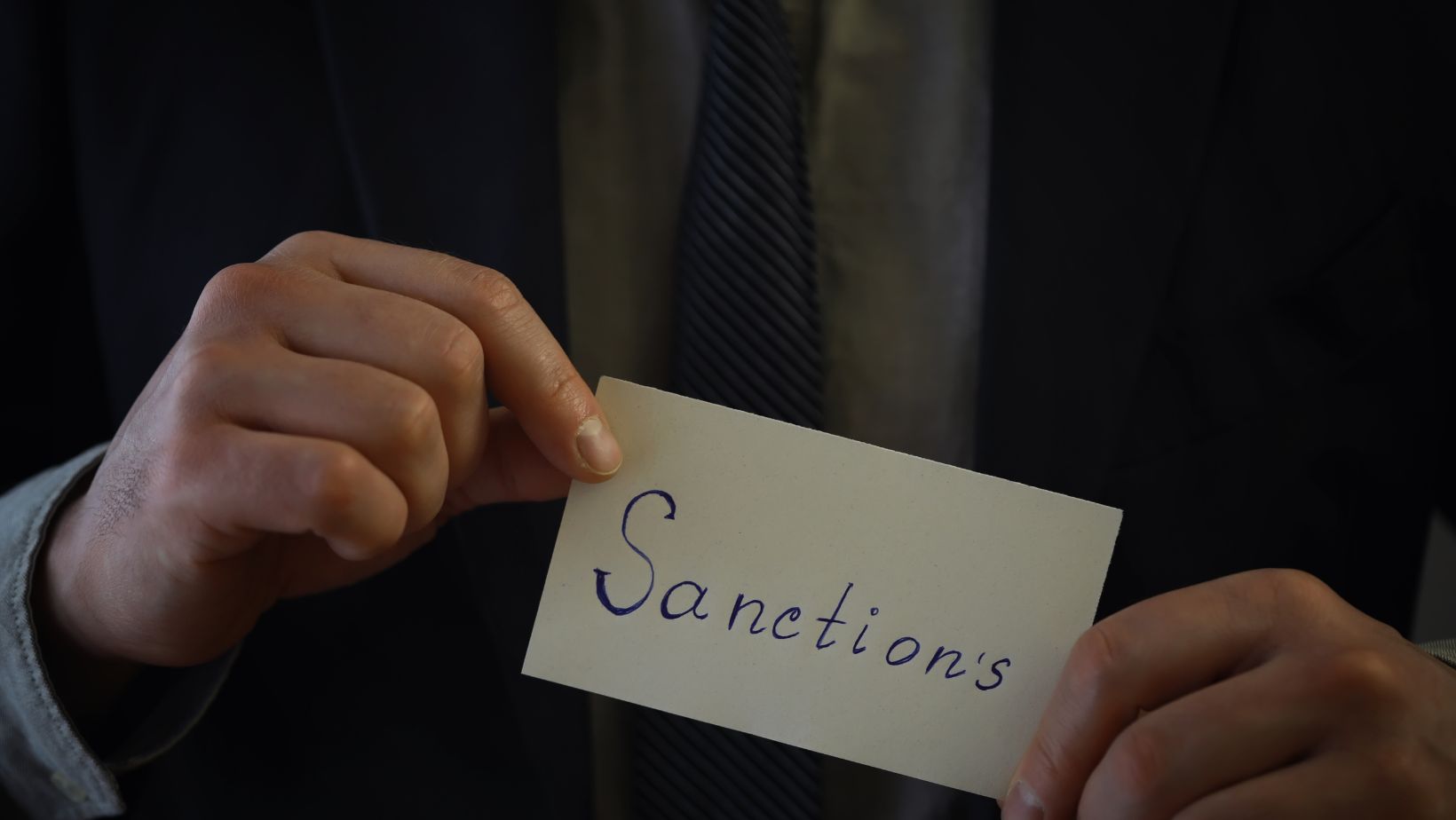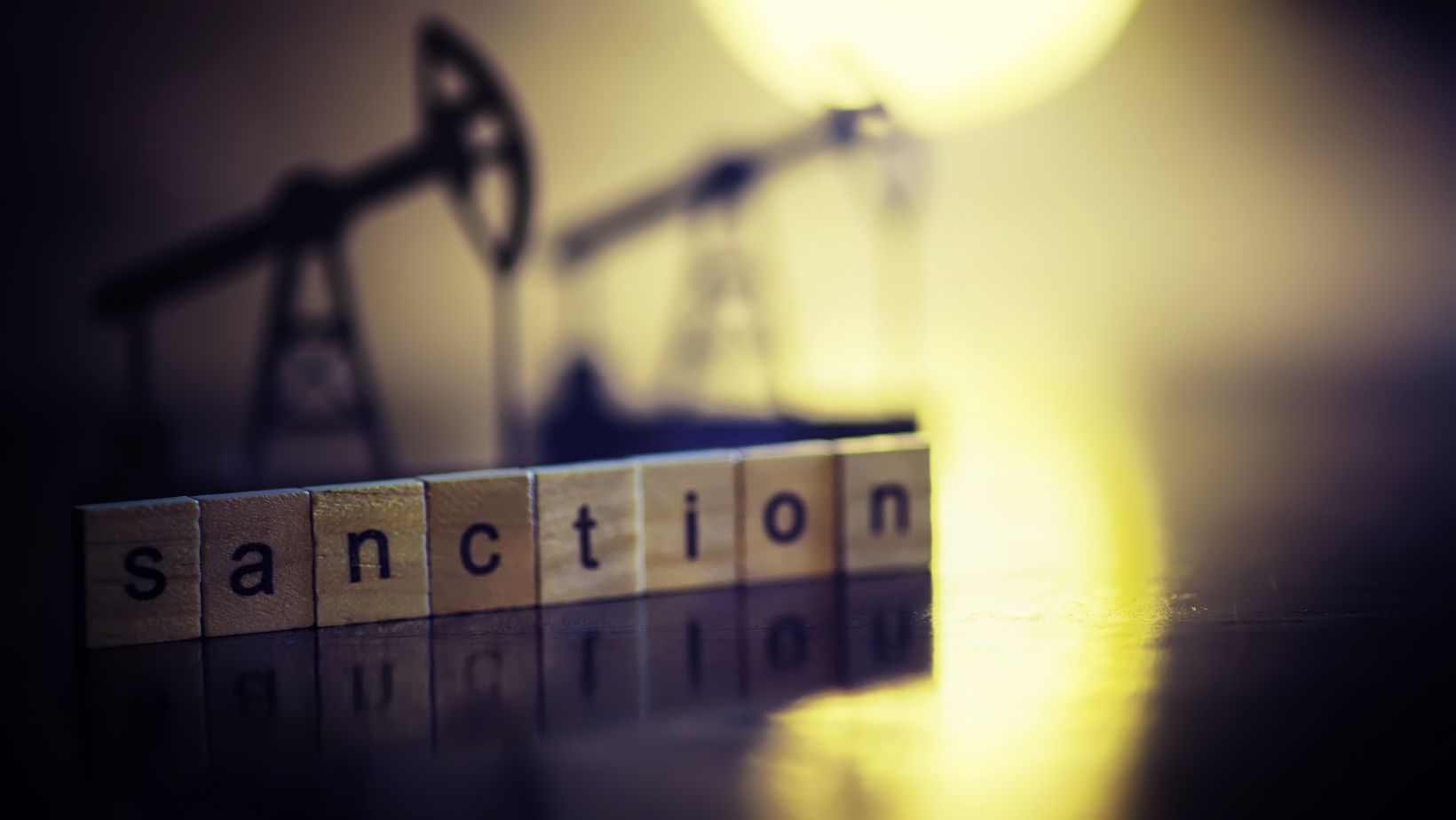
What is Considered the Severest Sanction?
When it comes to the realm of punishment, there is one question that often arises: what is considered the severest sanction? As a seasoned expert in the field, I have delved deep into the world of penalties and consequences to provide you with a comprehensive answer. In this article, I will explore the various forms of sanctions that are deemed the most severe, shedding light on their implications and the rationale behind their implementation. From the legal system to social norms, we will uncover the magnitude of these punishments and the impact they have on individuals and society as a whole.
The concept of severe sanctions has always been a topic of great debate and intrigue. As we navigate through this article, we will examine the different perspectives and factors that contribute to the severity of a sanction. From the perspective of the law, we will explore the highest penalties that can be imposed upon individuals who have committed grave offenses. We will also delve into the realm of social sanctions, where ostracism and exclusion can sometimes be considered the harshest punishments.
The Legal System: Highest Penalties and Grave Offenses
In the legal system, determining the severity of a sanction involves considering the highest penalties imposed for various offenses. These penalties are designed to serve as a deterrent and reflect the seriousness of the crime committed. Let’s delve into the world of the legal system and explore some of the gravest offenses and the corresponding sanctions:
- Murder: Unquestionably, murder is one of the most heinous crimes, and it carries severe consequences. Depending on the jurisdiction, convicted murderers can face life imprisonment or even the death penalty in some countries.
- Treason: Acts of treason, such as betraying one’s country or aiding its enemies, are considered grave offenses. The punishment for treason varies, but it can include long prison sentences, life imprisonment, or even execution in some cases.
- Aggravated Assault: While assault charges can range in severity, aggravated assault involves the intentional infliction of serious bodily harm. The penalties for aggravated assault can include significant fines and lengthy prison sentences.
- Child Abuse: Crimes against children carry severe penalties due to the vulnerability of the victims involved. Child abuse offenses can result in lengthy prison terms, restrictions on custody rights, and the requirement to register as a sex offender.
- Drug Trafficking: Drug trafficking is a serious offense that can lead to detrimental consequences for society. Penalties for drug trafficking offenses can include lengthy prison sentences, heavy fines, and the forfeiture of assets associated with the illegal activities.
It’s important to note that the severity of sanctions in the legal system is influenced by factors such as the jurisdiction, the specific circumstances of the crime, and the applicable laws. The purpose of these severe penalties is to discourage individuals from committing these grave offenses and to uphold justice within society.
By understanding the highest penalties imposed for these offenses, we can gain insight into what is considered the severest sanction in the legal system. However, it’s crucial to keep in mind that severity is a subjective concept, influenced by various factors such as cultural and historical context, societal norms, and personal perception. Therefore, it’s not always straightforward to categorize sanctions as the absolute severest. The next section will explore the role of societal norms and their influence on the perception of severe sanctions.
Social Sanctions: Ostracism and Exclusion as Severe Punishments
Social sanctions play a crucial role in shaping behavior and maintaining social order. In some cases, these forms of punishment can be considered even more severe than legal sanctions. Ostracism and exclusion are two examples of social sanctions that have long-lasting impacts on individuals and communities.
Ostracism, also known as social exclusion, involves deliberately excluding an individual from social interactions and groups. This sanction can be applied by peers, friends, or even an entire community. The consequences of ostracism can be profound, leading to feelings of loneliness, depression, and a loss of identity. It is a powerful tool used to enforce social norms and deter individuals from deviating from accepted behavior.
Exclusion, on the other hand, refers to the deliberate act of excluding someone from participation in certain activities or events. This can manifest in various forms, such as being excluded from social gatherings, professional opportunities, or educational settings. Exclusion can stigmatize individuals and limit their opportunities for personal growth and success. It acts as a form of punishment and serves as a deterrent for deviant or undesirable behavior within a community.
Both ostracism and exclusion are socially driven punishments that can have severe consequences on an individual’s mental and emotional well-being. They not only isolate individuals but also create a sense of fear and vulnerability among others who observe these penalties being imposed. These social sanctions carry weight and serve as a reminder to individuals to conform to societal expectations and norms.
It is important to recognize that the severity of these social sanctions can vary depending on cultural and societal contexts. In some societies, ostracism and exclusion may be more prevalent and have deeper impacts. Additionally, individuals may perceive these sanctions differently based on their personal experiences and beliefs.
Social sanctions such as ostracism and exclusion can be considered severe punishments due to their significant effects on individual well-being and social dynamics. These sanctions serve as powerful deterrents and reinforcement mechanisms within communities. However, it is crucial to recognize that the perceptions of severity can vary based on cultural and personal factors. By delving into the realm of social sanctions, we gain a deeper understanding of the breadth and complexity of what is considered the severest sanction in our society.







